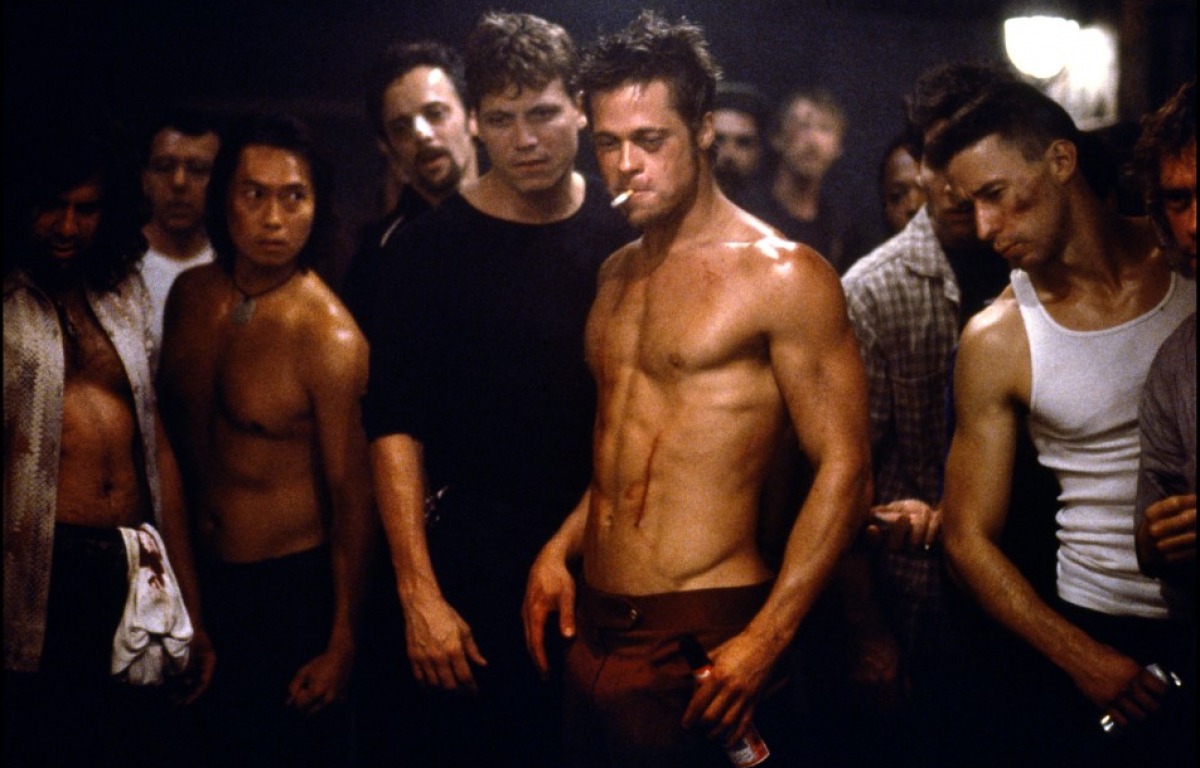The New Yorker‘s Dana Goodyear chats briefly with war poet Brian Turner. Turner was a one-time Army sergeant with an MFA, but he kept this secret amongst his PFCs because he didn’t want them to know that he was writing about “flowers and stuff like that.” While I certainly understand that a sergeant must keep his recruits disciplined, I still can’t understand why the writing poems and the appreciation of poetry is considered somehow to be flowery or a debilitating feminine trait, much less derided as a sissy’s labor.
Indeed, the notion of “poetry is for sissies” has a long stigma:
Javon Jackson: “I thought only brokenhearted girls and sissies wrote poems, but then she gave me works of other poets.”
Daniela Gioseffi: “There was this pressure, upon young men, to be baseball, football or track stars, and on the girls to be cheerleaders or baton twirling majorettes– and to feel like they were sissies, nerds or geeks if they cared about things like poetry.”
Jacques Prevert: “If I had a pound every time I heard someone say ‘I don’t like poetry’ I would not be writing this from the cold climes of Camden Town. Invariably, the same person sings along to the lyrics of pop songs apparently unaware that they constitute the stuff of poetry. Like me, such people were reared to believe poetry is for sissies.”
This notion is preposterous when one considers that, as Modern Poetry in Translation pointed out, in Turkey, men can write poetry without fearing being labeled a “sissy.” (The article goes into another fascinating issue: the lack of women poets in Turkey. And this does not discount the more serious problem of violence and enslavement of Turkish women. But I digress.) It is interesting to see that even within a nation that might be considered to be male-centric, poetry is considered to be neither particularly feminine nor particularly sissy-like.
So why the American stigma? Why does Turner continue to perpetuate the notion of poetry as “flowers and stuff like that” after he has left the Army?
I suspect that the problem runs much deeper, even among so-called champions of literature.
Academic Louie Crew wrote an essay where he noted that he got into trouble because he allowed one of his students to have a look at his colleagues’ personal libraries and the student noted that poetry books were severely lacking in the stacks. What was interesting is that, instead of trying to understand why poetry received no love from these academics, the head of Crew’s department attacked Crew, suggesting, “This kind of assignment undermines student trust of the faculty.” There were no efforts by the department to create poetry awareness, nor presumably any suggestions
Further, poetry has remained largely unmentioned on many of the litblogs (just some of the so-called alternative media outlets) you may read on a regular basis (to be fair, this blog has also been egregious on this score). When was the last time, for example, that you saw a poet mentioned at Maud’s, Jessa’s or Mark’s? And I’m not talking about mere news items (such as this helpful link about translated Korean poems from Mark), but the same long-form discussion and commentary we often see devoted to novels, the publishing industry, or Ayelet Waldman’s latest hysterical outburst. Why are there no lengthy posts about the Spenserian stanza? Or poetic metaphors? Or even the influence of alcohol on Dylan Thomas’s work?
What we have here is a problem goes well beyond exposing scandals. Outside of the hip venues of slam sessions that are doing a great job of keeping poetry alive, the poetry medium itself is still trapped in a secondary position, often subjected to silence among those who should be its champions. A poet is regarded less than a novelist. And that’s saying a lot, considering how little a novelist is regarded among your average Joe.
So what can we do to make Kenneth Koch as hep as Jonathan Lethem? Why aren’t poets given the kind of author tours afforded to midlisters? Who says poetry can’t sell?
Most importantly, what can we do to make poetry a medium that transcends gender and the fallacious association with so-called sissies?
